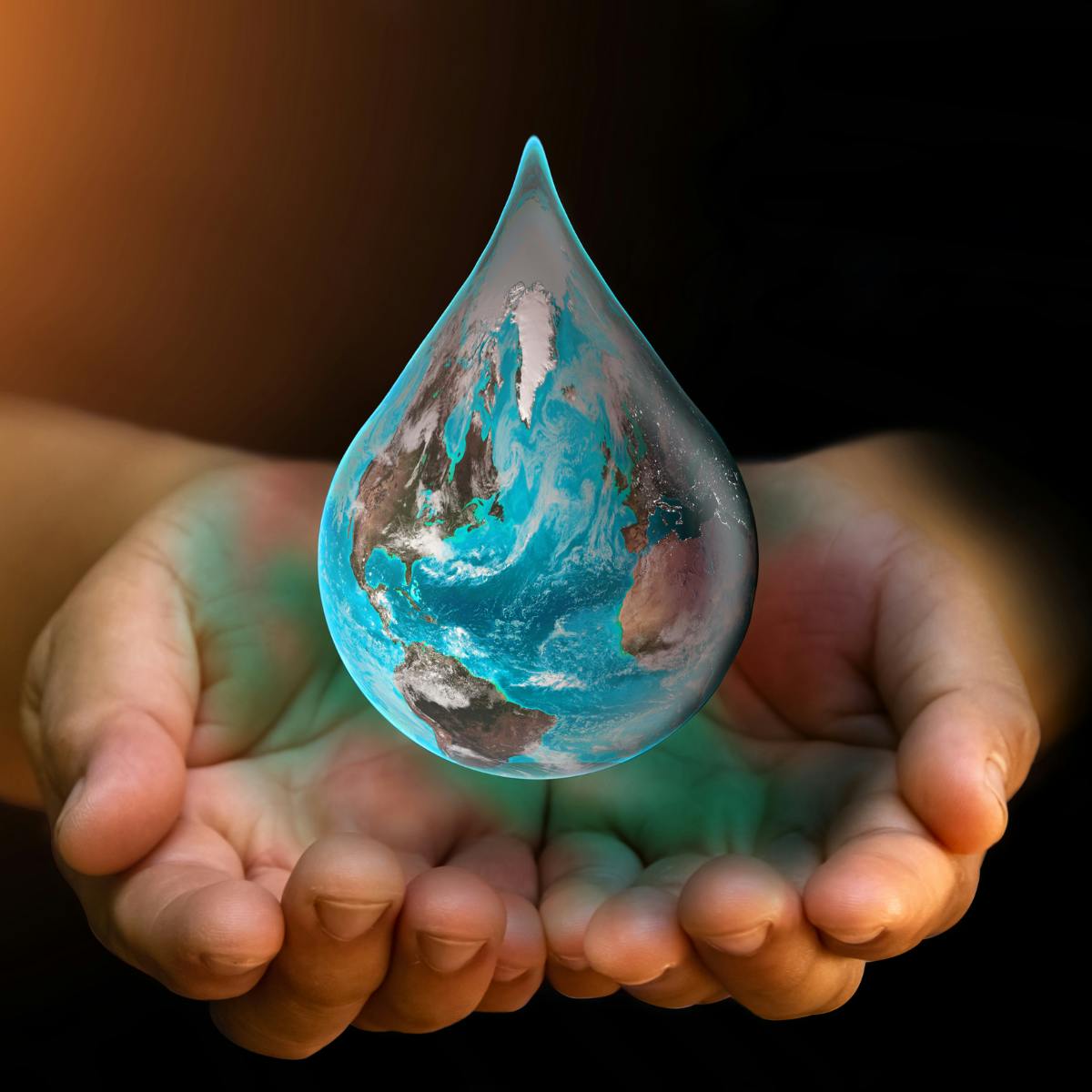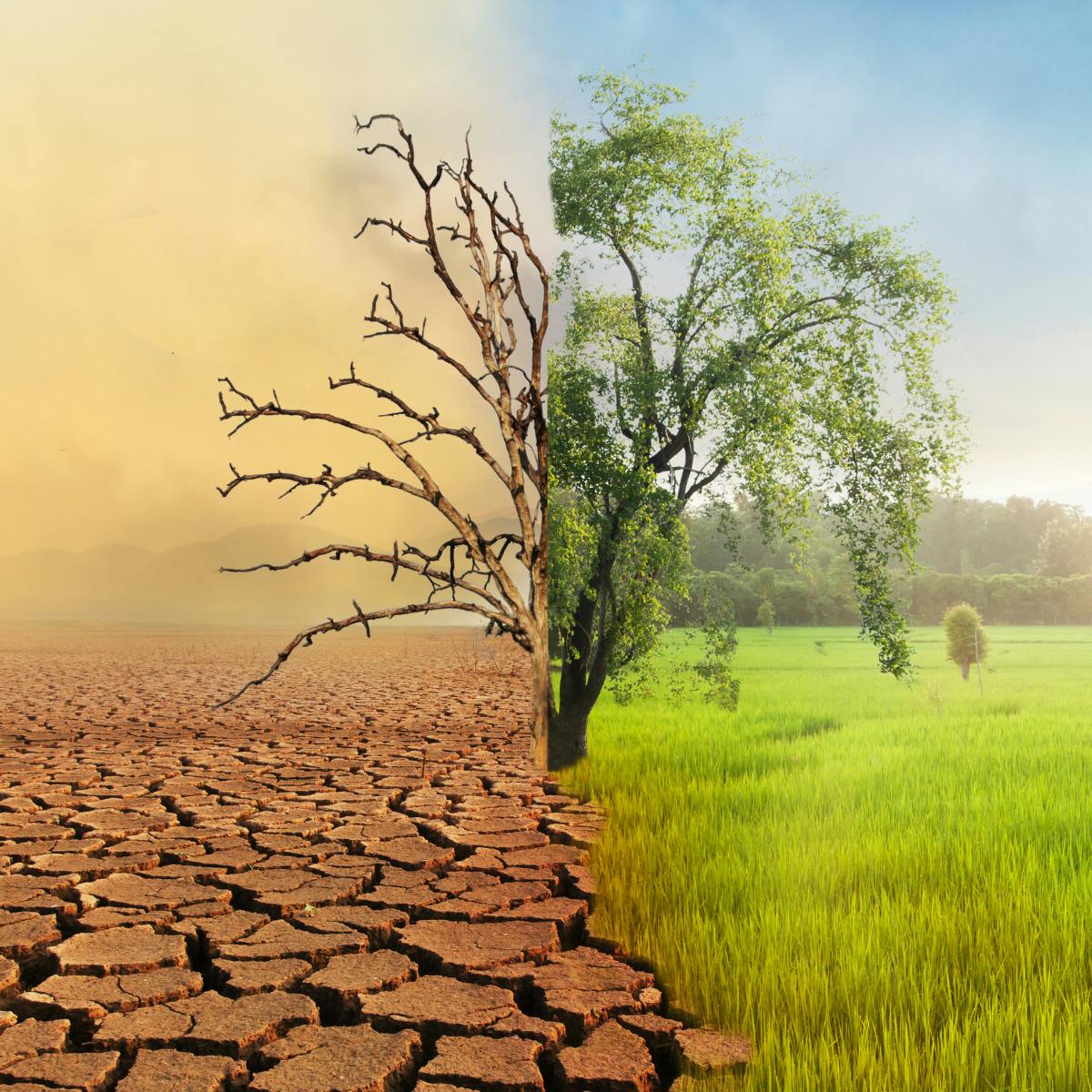World Water Day 2024
March 22 marks an important date on the global calendar – World Water Day. This day serves as a poignant reminder of the invaluable resource that sustains life on our planet: water. As we acknowledge World Water Day, it’s crucial to reflect on the significance of water conservation and the collective efforts required to ensure its availability for future generations.
- World Water Day
- World Water Day 2024
- Water for Peace
Water for Peace
This years theme is Water for Peace. Pressure upon water is increasing through the impacts of climate change, increasing populations and limited access in some areas. Water often crosses boundaries and when scarce, polluted or there is unequal access, tensions can rise.
Water cooperation leads to benefits such as enhanced food security, healthy livelihoods and ecosystems as well aiding resistance to climate change. Water can also provide renewable energy and support cities and industries.
Water: A Precious Resource
Water is not just a fundamental human need; it's the cornerstone of sustainable development. From agriculture to industry, from health to sanitation, water plays a pivotal role in every aspect of our lives. Yet, despite its significance, millions around the world still lack access to clean and safe water sources, facing numerous health and socio-economic challenges as a result.

A Global Challenge
The global water crisis is a stark reality, exacerbated by factors such as climate change, pollution, population growth, and inadequate infrastructure. Communities worldwide are grappling with water scarcity, contamination, and inequitable distribution. This crisis not only threatens human health but also ecosystems, biodiversity, and the stability of our planet.
Here are some facts about water that might shock you:
- 2.2 billion live without safely managed drinking water (WHO/UNICEF, 2023)
- Around 50% of the world’s population experiences severe water scarcity for at part of the year (IPCC, 2022)
- Transboundary waters makes up 60% of the world’s freshwater flows (UN-Water, 2023)
What Challenges does the UK Face?
Droughts & Water Stress
Despite the seemingly frequent rainfall, regions in the UK can suffer from drought and water stress including many areas in the South East of England. Water is an essential resources used for a variety of needs, finding ways to reduce our consumption will be essential to combating a water stress and ensuring water supplies into the future.
Population Growth and Urbanisation
These factors can place strain on water resources, especially in densely populated areas. Increased demand places strain on infrastructure and resources. Often, population growth will occur in areas where water supplies are already stressed, such as cities.
Climate Change
Climate change is expected to impact precipitation patterns and increase the frequency and severity of extreme weather events, such as storms and floods, which can affect water availability and quality. Rising temperatures may also increase water demand for irrigation and cooling purposes.
